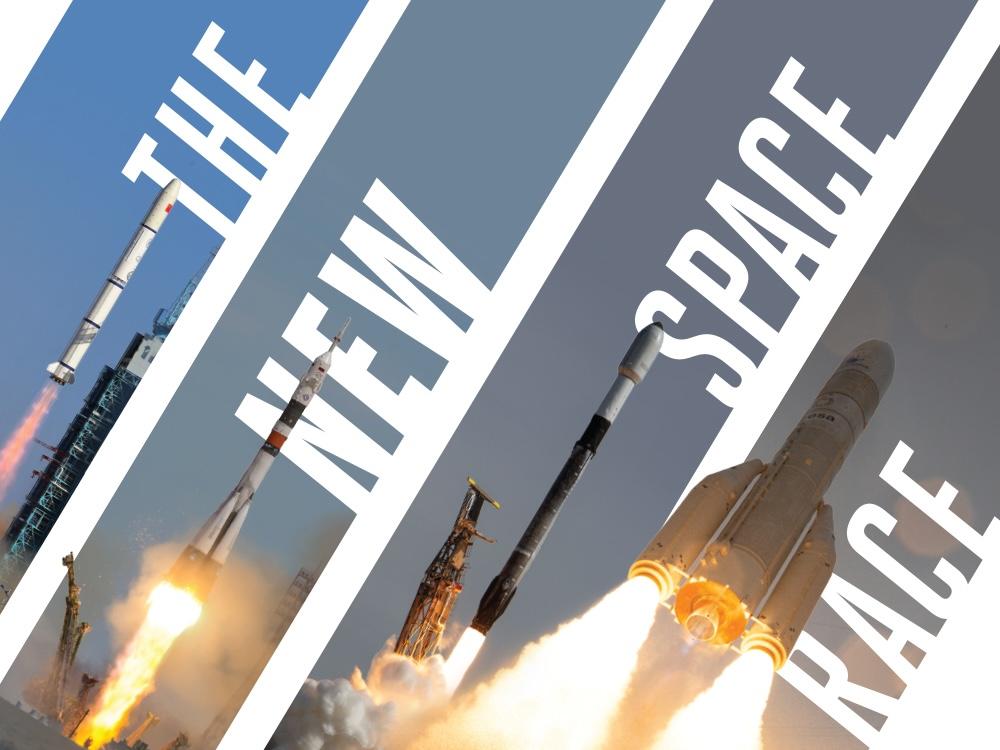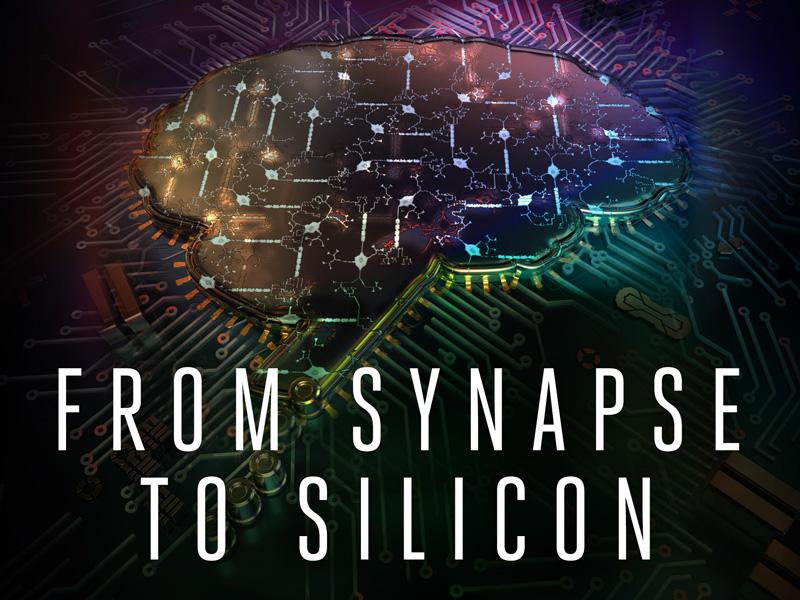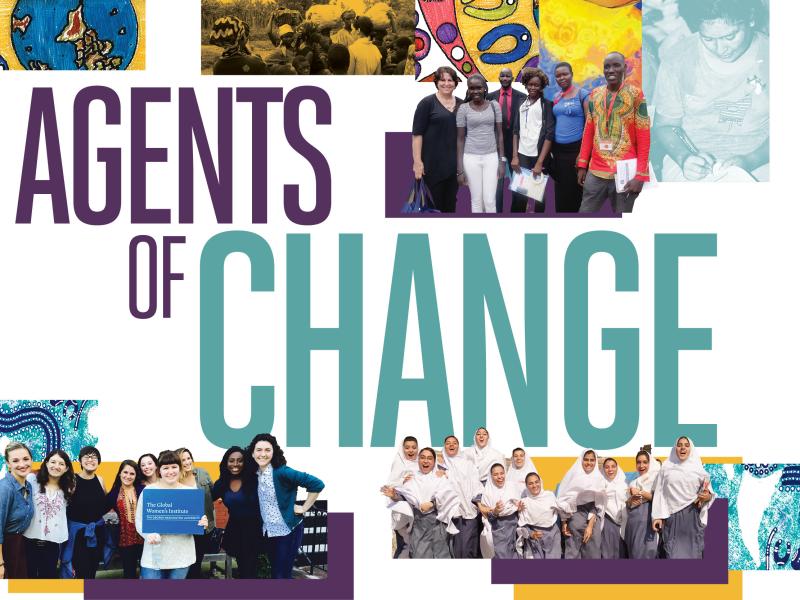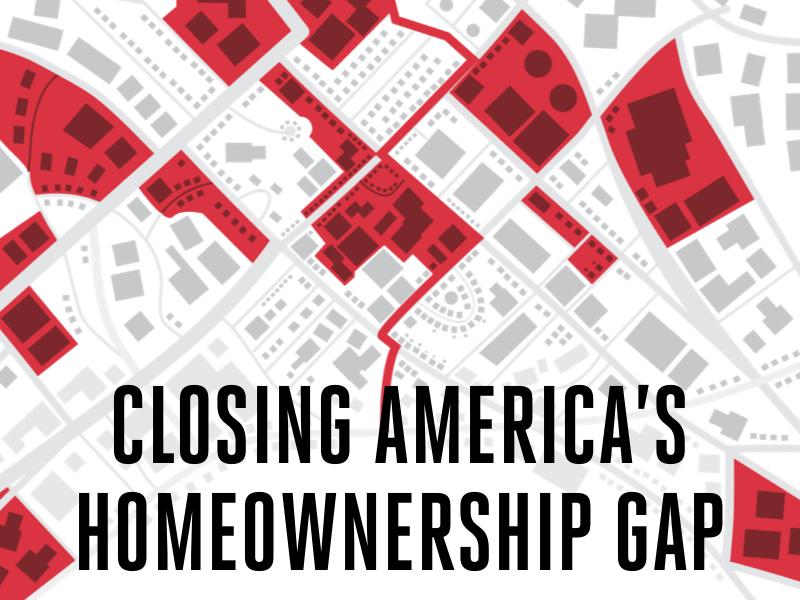Home


The Particle Whisperers
GW experimental physicists are pioneering big science at the smallest scale. With cutting-edge tech and state-of-the-art systems, faculty and students are on the frontlines of a subatomic revolution.

The New Space Race
Space exploration has evolved from a two-nation race into a dynamic, global enterprise. In this new era, experts at GW’s Space Policy Institute are shaping the next generation of policymakers, industry leaders and scholars.

Rewriting Cancer’s Script
GW researchers are discovering new ways that aggressive cancers hijack healthy cells to fuel their growth. Their findings could lead to new cancer treatments.

Poetry in Motion
In her poetry and her classroom, English Professor Chet’la Sebree challenges the stories we tell ourselves about art, AI and how to make sense of the world.

Mapping the Migrant Journey
Geography researchers are mapping the journeys of hundreds of asylum-seeking migrants at the U.S.-Mexico border.
Closing the Healing Gap
Researchers at the GW Center for Global Mental Health Equity are working to treat mental illnesses and reduce mental health stigma in settings from Uganda and Nepal to New York City.

Plasma Promise
Aerospace engineer Michael Keidar has spent his career studying the physics of plasma and how to harness this fourth state of matter for real-world applications. His research is yielding big results in everything from satellite propulsion to cancer treatments.

Can the Humanities Learn to Love AI?
Alexa Alice Joubin explaines what AI can bring to the humanities landscape—and how humanities can help shape the future of AI.
mRNA Vaccine Moonshot
mRNA vaccines changed the course of the COVID-19 pandemic. Now GW researchers are developing these vaccines to treat and prevent diseases from cancer and HIV to malaria and shingles.
From Synapse to Silicon
GW researchers are on the forefront of a revolution in computer hardware innovation—designing and fabricating computer chips that take inspiration from the human brain.
Agents of Change
For the past decade, the Global Women’s Institute has helped build the evidence base on violence against women and girls and what works to prevent gender-based violence. Where does it go from here?
Building Bridges with Communities
In December 2020, George Washington University School of Nursing Associate Professor Sherrie Flynt Wallington and colleagues launched a research project focused on the roles of fathers in addressing disparities in maternal mortality.
Air (E)Quality for All
The most polluted neighborhoods in the United States are also the most disadvantaged. Research at GW aims to shine a light on this inequity—and effect policy change.
Land of Ice & Fire
More than 4 million people live in the Arctic, where climate change is progressing faster than on the rest of the planet. Researchers across GW are working to help sustain their cities, infrastructures and cultures.
Closing America's Homeownership Gap
Boosting homeownership among black households in America begins with owning up to a history of racial discrimination in the real estate and mortgage industries.









